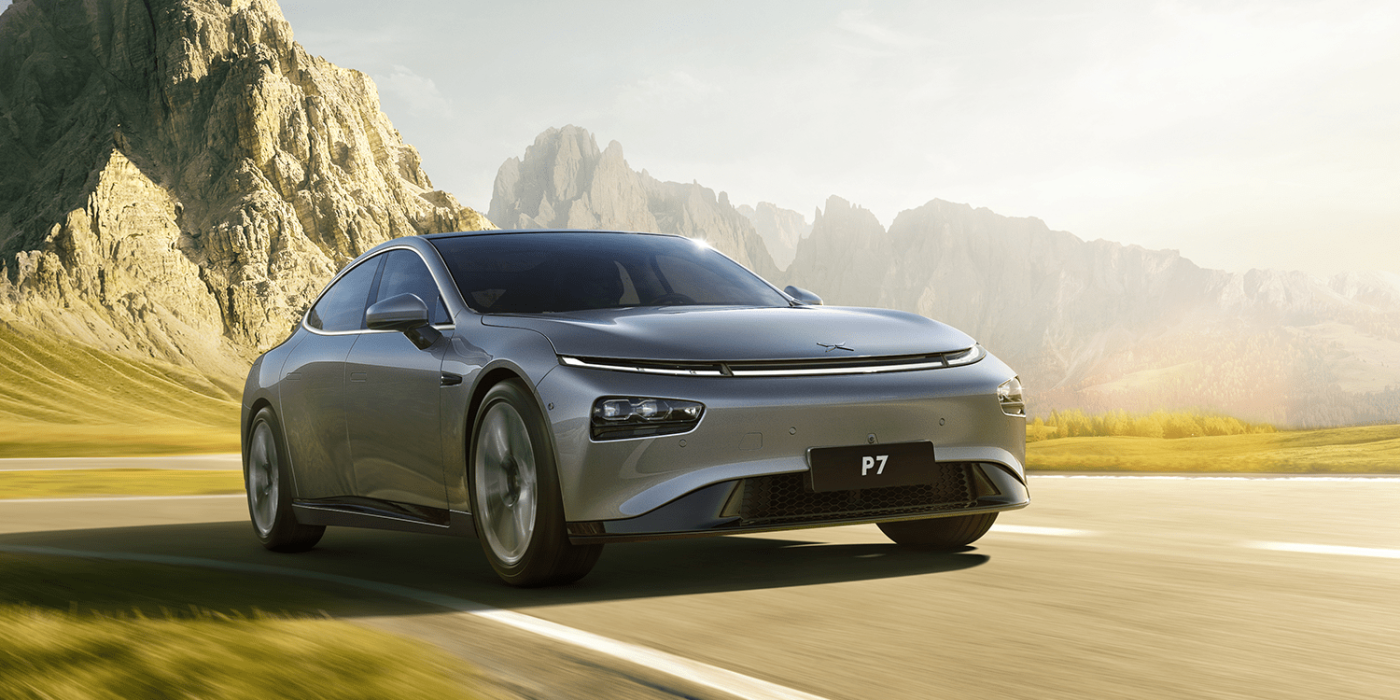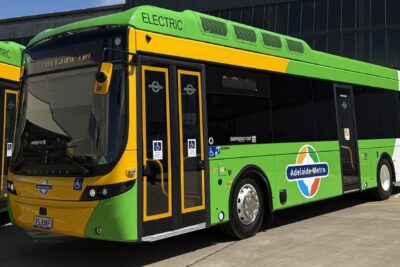China to extend tax exemption for NEVs over 2023
China will continue to exempt New Energy Vehicles (BEVs, FCEVs and PHEVs) from purchase tax in 2023. There had already been reports to this effect at the beginning of August, but now the official confirmation has come from the responsible ministry.
After the renewed extension was decided a few weeks ago, as reported by local media, it has now been confirmed in an official announcement by the Chinese Ministry of Finance. “New Energy Vehicles with a purchase date between 1 January 2023 and 31 December 2023 are exempt from vehicle purchase tax,” it says. Compared to a similarly priced internal combustion model, NEV customers will save about 10,000 yuan or the equivalent of 1,450 euros.
As before, however, not every NEV model is automatically exempt from the purchase tax: The models concerned must be listed in the regularly updated catalogue published by the Ministry of Industry and Information Technology (MIIT) and the State Administration of Taxation.
New Energy Vehicles listed in the catalogue before 31 December 2022 will remain exempt without re-examination. The catalogue was once introduced with the official justification that consumers should thus be able to inform themselves about eligible vehicles. However, with this step, the authorities also reserve the right to exclude some vehicles from the tax regime. For the models listed in the catalogue, the manufacturers or importers can apply for the tax exemption, which is then checked again by the MIIT and approved in a final step by the competent tax authority.
The fact that the purchase tax exemption for BEVs, PHEVs and FCEVs will be extended again had already been expected in the Chinese media – especially against the background of the lowered purchase tax for internal combustion vehicles. In order to support the economy, the purchase tax will be halved from ten to five per cent for all internal combustion vehicles with an engine capacity of less than two litres and a price of less than 300,000 yuan (43,325 euros) purchased between 1 June and the end of the year.
The purchase tax is only one element of China’s eMobility promotion. The more important and often discussed instrument is government subsidies as a purchase premium. This premium has been reduced again and again, which in some cases has had enormous consequences in terms of demand – for example in mid-2019. Originally, the subsidy was supposed to expire at the end of 2020, but was extended until the end of 2022 as part of the Chinese government’s Corona stimulus package. Nothing is known yet about a successor regulation for 2023.
gov.cn (in Chinese)





0 Comments